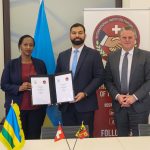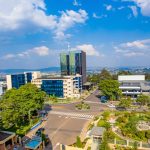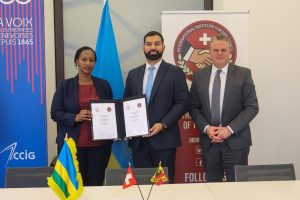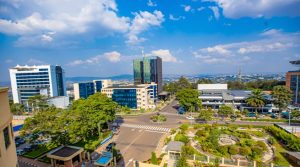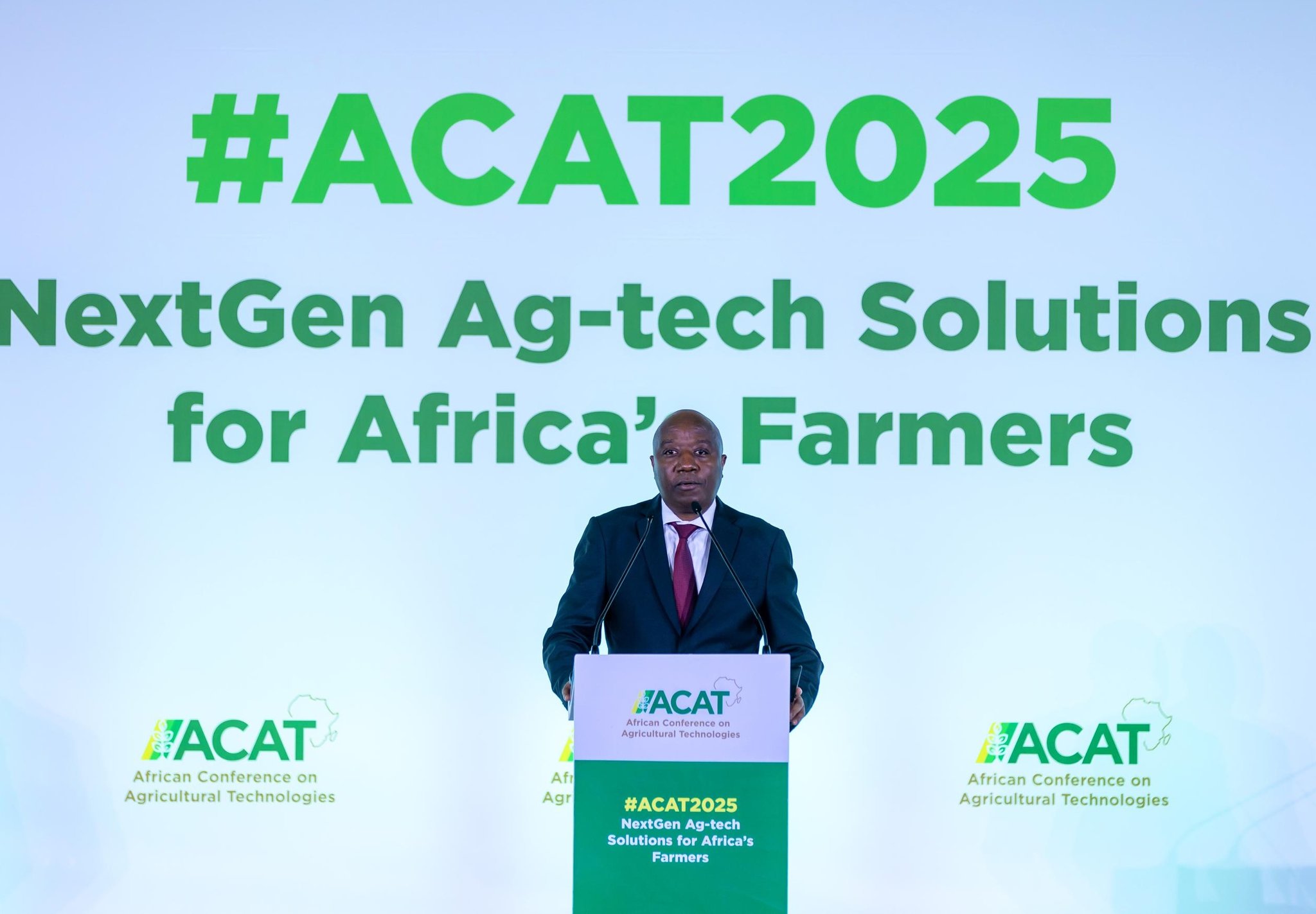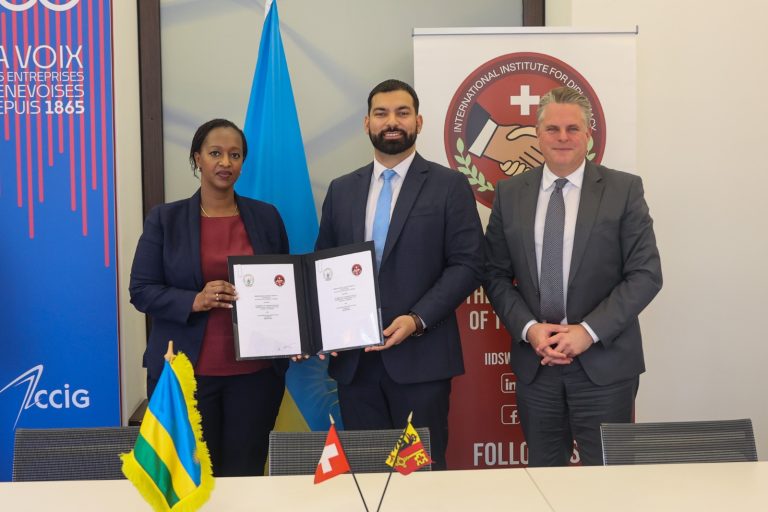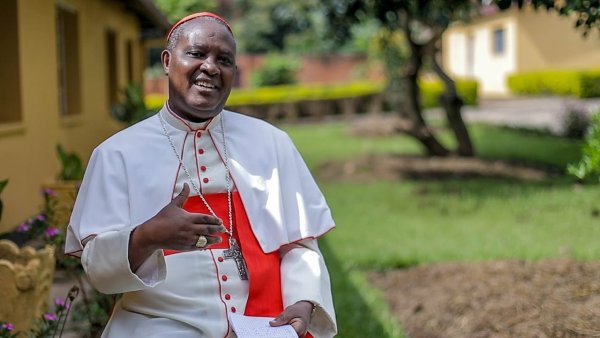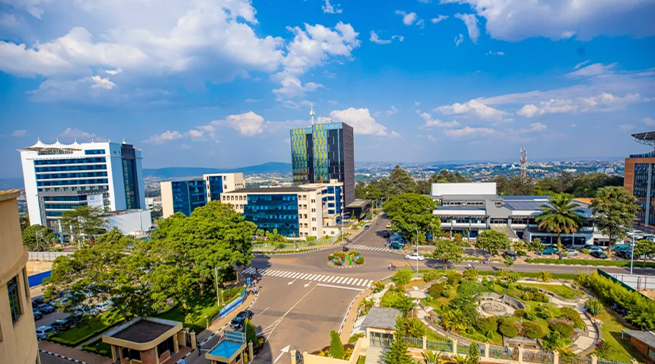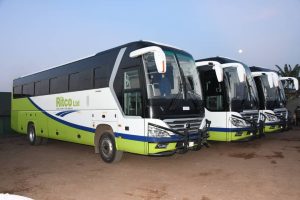Kigali-Rwanda: The second edition of the African Conference on Agricultural Technologies (ACAT 2025), held under the theme “Next-Gen Ag-Tech Solutions for Africa’s Farmers,” emerged as a pivotal platform to drive the continent’s agricultural revolution. Bringing together over 700 participants from more than 35 countries, including high-level government officials, farmers, youth, researchers, industry leaders, and international agencies, the conference highlighted Africa’s immense potential to become a global leader in sustainable agriculture through innovative technology.
A Global Gathering for Agricultural Transformation
ACAT 2025 showcased a powerful blend of strategic dialogues, technical panels, live technology demonstrations, and exhibitions aimed at inspiring scalable, farmer-centric solutions. Key participants included the Prime Minister of Rwanda, representatives from six African governments—including ministers from Malawi and Ghana—former Nigerian President Dr. Goodluck Jonathan, dozens of ministers from Rwanda, farmers, youth leaders, and top officials from international and regional organizations.
The conference fostered discussions across four high-level plenaries and four technical interactive panels, focusing on data-driven agricultural transformation, innovative ag-tech transfer, and the scaling of integrated technology packages. Eight live demonstrations displayed scalable innovations, while 27 exhibits showcased cutting-edge technologies and products designed to improve productivity, sustainability, and resilience among smallholder farmers.
Positioning Africa as a Global Leader in Sustainable Farming
A central theme of ACAT 2025 was positioning Africa as a leader in sustainable agriculture, leveraging agro-innovations to fuel economic growth and climate resilience. The conference reiterated commitments made during ACAT 2023 in Nairobi, emphasizing the importance of high-level ag-tech ambassadors and the progress achieved in deploying climate-smart crop varieties, agro-processing, and digital solutions that uplift smallholder livelihoods.
Participants emphasized that agricultural technology holds transformative power, but its full potential remains untapped without effective outreach to Africa’s youth—the continent’s demographic engine. The conference underscored the need for inclusive, farmer-driven co-creation of solutions to boost adoption, close the digital divide, and address biases that see farmers merely as technology recipients rather than partners.
Policy and Partnerships Driving Progress
ACAT 2025 recognized ongoing strides in policy implementation, including the continental blueprints like the CADAP strategy, the Kampala Declaration, and the African Continental Free Trade Area (AfCFTA). These frameworks provide critical support for commercialization, private sector engagement, and affordable ag-tech solutions. The conference called for strengthened public-private partnerships, increased investments in rural infrastructure, and policies that de-risk agriculture to attract more funding and innovation.
The resolutions called for enhanced regional harmonization and integration of traditional knowledge with modern science—addressing issues of ethics, intellectual property rights, and benefit sharing—particularly involving women, youth, and indigenous communities.
Commitments and Resolutions
Participants expressed a shared commitment to several strategic priorities:
- Scaling participatory farmer education, emphasizing value chains, farmer-to-farmer training, and smart villages.
- Prioritizing the needs of women and youth in agribusiness and agro-processing.
- Increasing efforts to de-risk investments and foster cross-continental collaborations.
- Empowering youth through mentorship, innovation hubs, and access to finances.
- Promoting ethical, open-source intellectual property models to democratize access to technologies and plant materials.
- Building long-term partnerships rooted in mutual trust and respect to drive scalable, inclusive innovation.
The conference emphasized that no single entity can achieve agricultural transformation alone. Instead, it advocates for persistent engagement and strategic alliances involving farmers, governments, research institutions, civil society, and the private sector.
Looking Ahead
ACAT 2025 concluded with a pledge to reconvene in Nairobi in May 2027 to evaluate progress on these commitments. The conference acknowledged the leadership of former Nigerian President Dr. Goodluck Jonathan, the hospitality of Rwanda’s President Paul Kagame, and the continued dedication of all stakeholders working towards a resilient, innovative, and inclusive African agriculture sector.
As Africa accelerates its adoption of next-generation ag-tech solutions, the continent is poised to transform its agriculture into a smart, sustainable, and lucrative pillar of economic development—driving food security and prosperity for generations to come.

